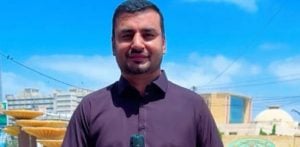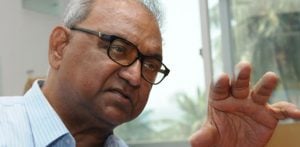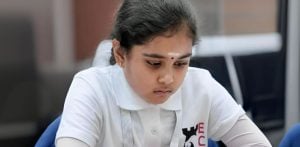She credited her recovery to early detection.
Arij Fatyma has opened up about her harrowing battle with a rare and aggressive form of cancer, choriocarcinoma.
The illness, which develops from uterine tissue, can spread rapidly to other organs.
It is often linked to molar pregnancies and is notoriously difficult to diagnose early.
In a video, Arij revealed that her life had been going smoothly until, in her words, everything changed in just a few hours.”
The American actress described the four-month struggle as a fight for survival, with no certainty about whether she would make it through.
During this time, she underwent surgery and later chemotherapy.
The treatment was recommended even after her hysterectomy due to the cancer’s aggressive nature.
Arij chose not to share her condition publicly at first, fearing judgment and false assumptions about her character from outsiders.
The diagnosis had a profound impact on her family, though her young children were spared much of the emotional burden due to their age.
She credited her recovery to early detection.
Arij explained that her symptoms included unusual bleeding, persistent acne on her chin and nausea.
Arij emphasised the importance of listening to one’s body, urging women to prioritise their health and seek medical advice.
She recommended routine health checks such as annual blood tests, pap smears, and, for women over 50, mammograms, to catch potential issues.
According to Arij, molar pregnancies occur in just one out of every 10,000 cases, while choriocarcinoma affects approximately one in 50,000.
The rarity of the disease makes it even harder to identify early, making her case of timely diagnosis a matter of fortune and awareness.
She expressed gratitude for the overwhelming support she received from fans, fellow artists, and family members after sharing her recovery news online.
Messages of love and prayers poured in, which she said provided her with strength during her most challenging days.
View this post on Instagram
In June 2025, doctors declared her cancer-free.
However, she will need to undergo monthly blood tests for the next 10 years to monitor for recurrence.
Arij admitted that the possibility of the disease returning keeps her grounded and has motivated her to live life more meaningfully.
She also acknowledged the invaluable help she received from her grandmother in the United States, along with the unwavering care of her loved ones.
While she celebrates her recovery, Arij Fatyma continues to request prayers, hoping her journey will inspire others to be vigilant about their health.






























































